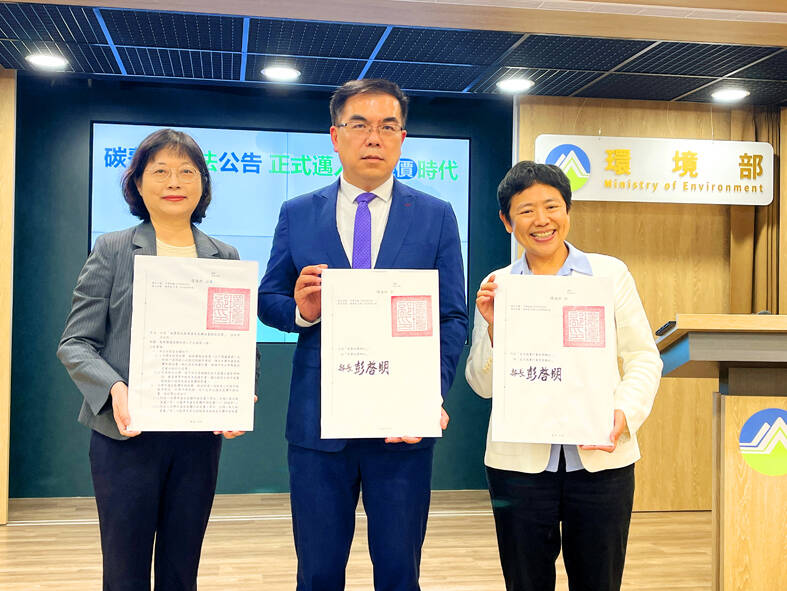Report on Corporate Social Responsibility Strategy and Its Alignment with Sustainable Development Goals
Introduction
Corporate Social Responsibility (CSR) remains a pivotal subject for both researchers and businesses, primarily due to its critical role in ensuring business sustainability. Despite extensive literature on CSR, there is an ongoing need for clarity regarding effective CSR strategies and practices that positively influence business success, societal well-being, and the mechanisms that enhance their impact. This report emphasizes the integration of CSR strategies with the United Nations Sustainable Development Goals (SDGs) to promote sustainable and responsible business practices.
Development of a Novel CSR Measurement Tool
The study introduces an innovative measurement tool aimed at enhancing CSR strategies and activities. This tool is encapsulated in the newly developed framework called the “CSR Five Senses Approach”, which incorporates the five human senses:
- Sight
- Hearing
- Taste
- Touch
- Smell
This approach is designed to bridge the gap between actual corporate actions and societal expectations, thereby aligning CSR initiatives with the broader objectives of sustainable development.
Methodology
- Qualitative data collection was conducted involving customers and managers at various progressive stages.
- Field research included 260 customers from Bahrain and Gulf Cooperation Council (GCC) countries.
- The data facilitated the development of a five-dimensional scale based on the CSR Five Senses Approach.
Findings and Validation
The psychometric properties of the CSR Five Senses scale were rigorously evaluated, confirming:
- Reliability
- Validity
- Generalizability
Furthermore, the study identified a positive correlation between the CSR Five Senses scale and two critical endogenous variables:
- Corporate Image
- Behavioral Intention
Implications for Sustainable Development Goals
The CSR Five Senses Approach supports multiple SDGs by encouraging businesses to adopt more holistic and sensory-inclusive CSR strategies that contribute to:
- SDG 8: Decent Work and Economic Growth – by promoting sustainable business practices that enhance corporate reputation and customer engagement.
- SDG 9: Industry, Innovation, and Infrastructure – through the development of innovative CSR measurement tools.
- SDG 12: Responsible Consumption and Production – by aligning corporate actions with societal expectations.
- SDG 17: Partnerships for the Goals – by fostering collaboration between businesses, customers, and communities in CSR initiatives.
Conclusion
The introduction of the CSR Five Senses Approach provides a novel, validated framework that enhances the effectiveness of CSR strategies. By integrating sensory dimensions into CSR measurement, businesses can better align their activities with societal needs and the Sustainable Development Goals, thereby promoting sustainable business success and societal well-being.
1. Sustainable Development Goals (SDGs) Addressed or Connected
- SDG 8: Decent Work and Economic Growth
- The article discusses Corporate Social Responsibility (CSR) strategies that impact business sustainability and success, which aligns with promoting sustained, inclusive economic growth and productive employment.
- SDG 9: Industry, Innovation, and Infrastructure
- The development of a novel measurement tool and framework (CSR Five Senses Approach) reflects innovation in corporate practices and research methodologies.
- SDG 12: Responsible Consumption and Production
- CSR activities inherently relate to responsible business practices that can influence sustainable consumption and production patterns.
- SDG 17: Partnerships for the Goals
- The study involves collaboration between researchers, businesses, and customers across Bahrain and GCC countries, reflecting partnerships to achieve sustainable development.
2. Specific Targets Under Those SDGs Identified
- SDG 8
- Target 8.3: Promote development-oriented policies that support productive activities, decent job creation, entrepreneurship, creativity, and innovation.
- SDG 9
- Target 9.5: Enhance scientific research, upgrade technological capabilities of industrial sectors, and encourage innovation.
- SDG 12
- Target 12.6: Encourage companies, especially large and transnational companies, to adopt sustainable practices and to integrate sustainability information into their reporting cycle.
- SDG 17
- Target 17.16: Enhance the global partnership for sustainable development, complemented by multi-stakeholder partnerships that mobilize and share knowledge, expertise, technology, and financial resources.
3. Indicators Mentioned or Implied to Measure Progress
- CSR Five Senses Scale
- The article introduces a five-dimensional measurement scale based on sight, hearing, taste, touch, and smell to evaluate CSR strategies and activities.
- This scale is psychometrically validated for reliability, validity, and generalizability, implying it can serve as an indicator to measure the effectiveness of CSR implementation.
- Corporate Image
- Corporate Image is identified as an endogenous variable positively correlated with the CSR Five Senses scale, serving as an indicator of CSR impact on societal perception.
- Behavioral Intention
- Behavioral Intention is another variable linked to the CSR scale, indicating potential changes in consumer or stakeholder behavior as a result of CSR activities.
4. Table of SDGs, Targets, and Indicators
| SDGs | Targets | Indicators |
|---|---|---|
| SDG 8: Decent Work and Economic Growth | 8.3: Promote policies supporting productive activities, decent job creation, entrepreneurship, creativity, and innovation. | CSR Five Senses Scale measuring effectiveness of CSR strategies impacting business sustainability and success. |
| SDG 9: Industry, Innovation, and Infrastructure | 9.5: Enhance scientific research and technological capabilities; encourage innovation. | Development and validation of the CSR Five Senses measurement tool as an innovation in CSR assessment. |
| SDG 12: Responsible Consumption and Production | 12.6: Encourage companies to adopt sustainable practices and integrate sustainability reporting. | Corporate Image and Behavioral Intention as indicators reflecting stakeholder perception and response to CSR activities. |
| SDG 17: Partnerships for the Goals | 17.16: Enhance global partnerships and multi-stakeholder collaboration for sustainable development. | Collaborative research involving customers and managers across Bahrain and GCC countries as a measure of partnership effectiveness. |
Source: newsgram.com






